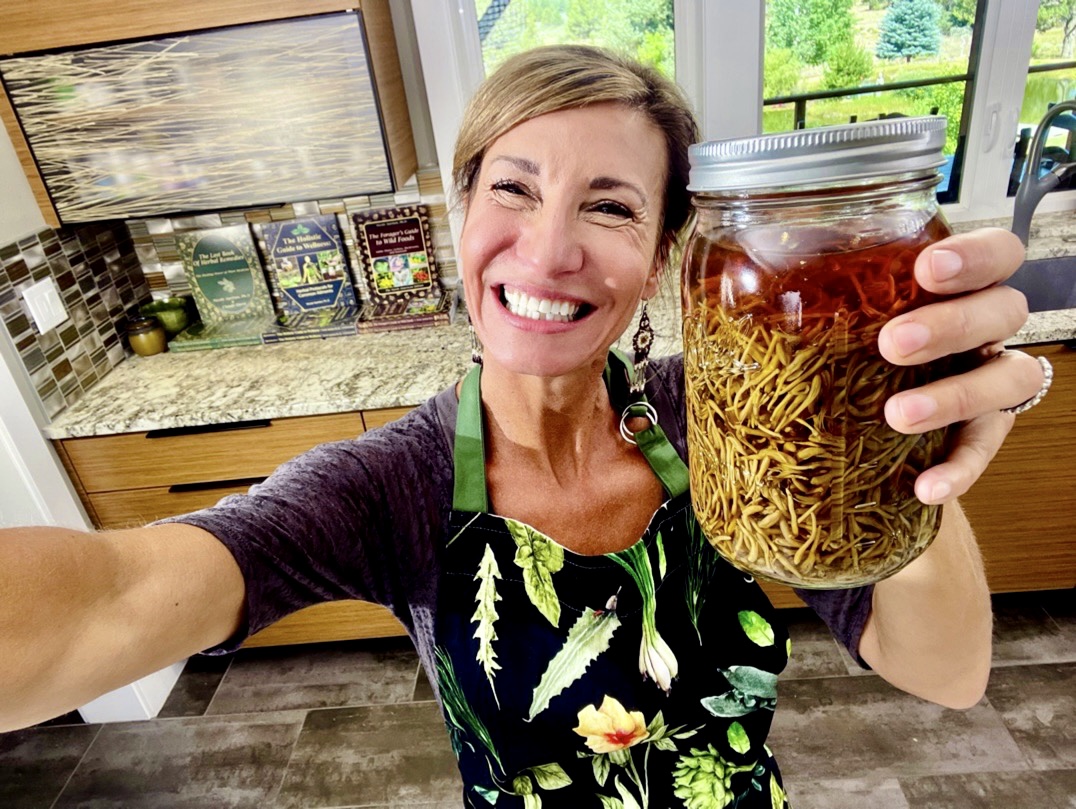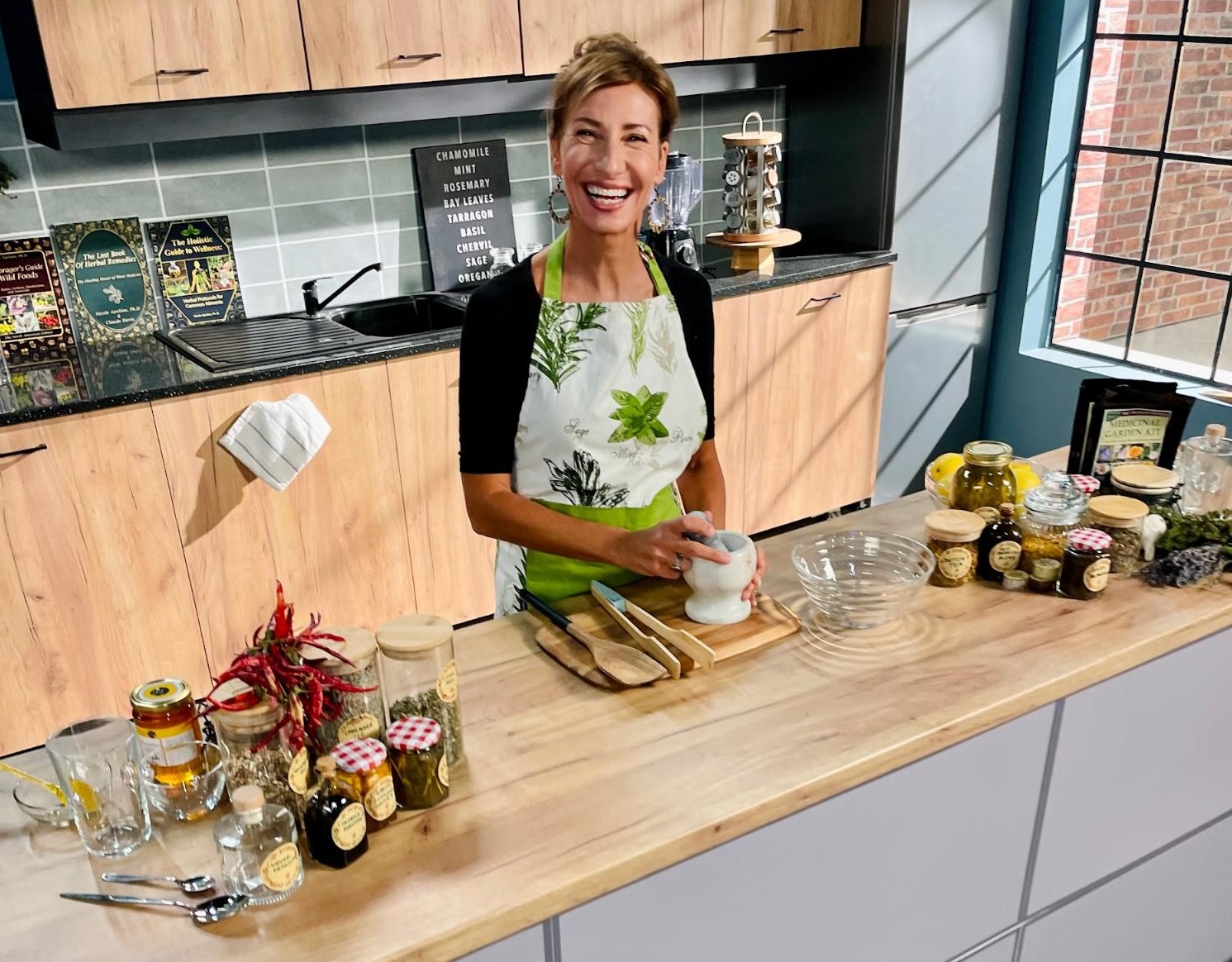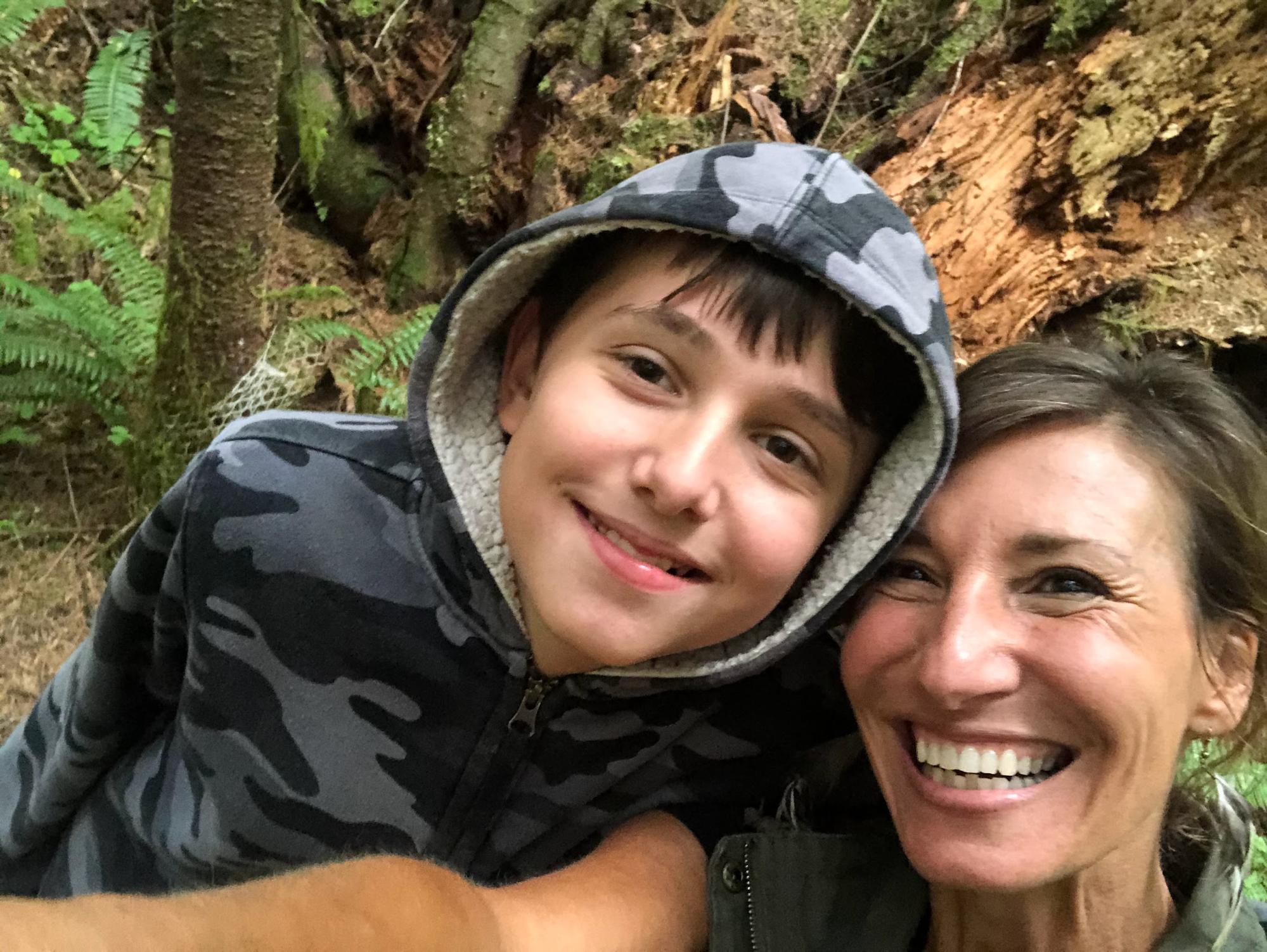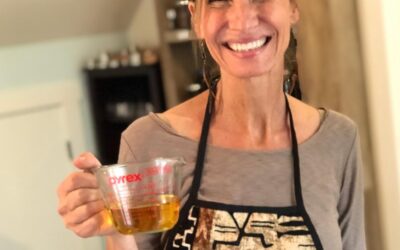Do-It-Yourself Tinctures: Which Type is Best?
For those of you who are interested in DIY herbalism, you know tinctures are an outstanding method for extracting the beneficial properties of a plant, mushroom, or lichen. In fact, tinctures are my go-to natural remedy for managing my multiple sclerosis because of their high level of potency, absorbability, and long-lasting shelf-life.
However, you may be curious about the most effective menstruum (extraction agent) for fully accessing the complete spectrum of medicinal compounds in any given botanical. Because of this, we will explore the benefits and disadvantages of three popular extractive methods: alcohol, glycerine, and raw apple cider vinegar. I also include detailed instructions for how to make a tincture with each type. Let’s begin!
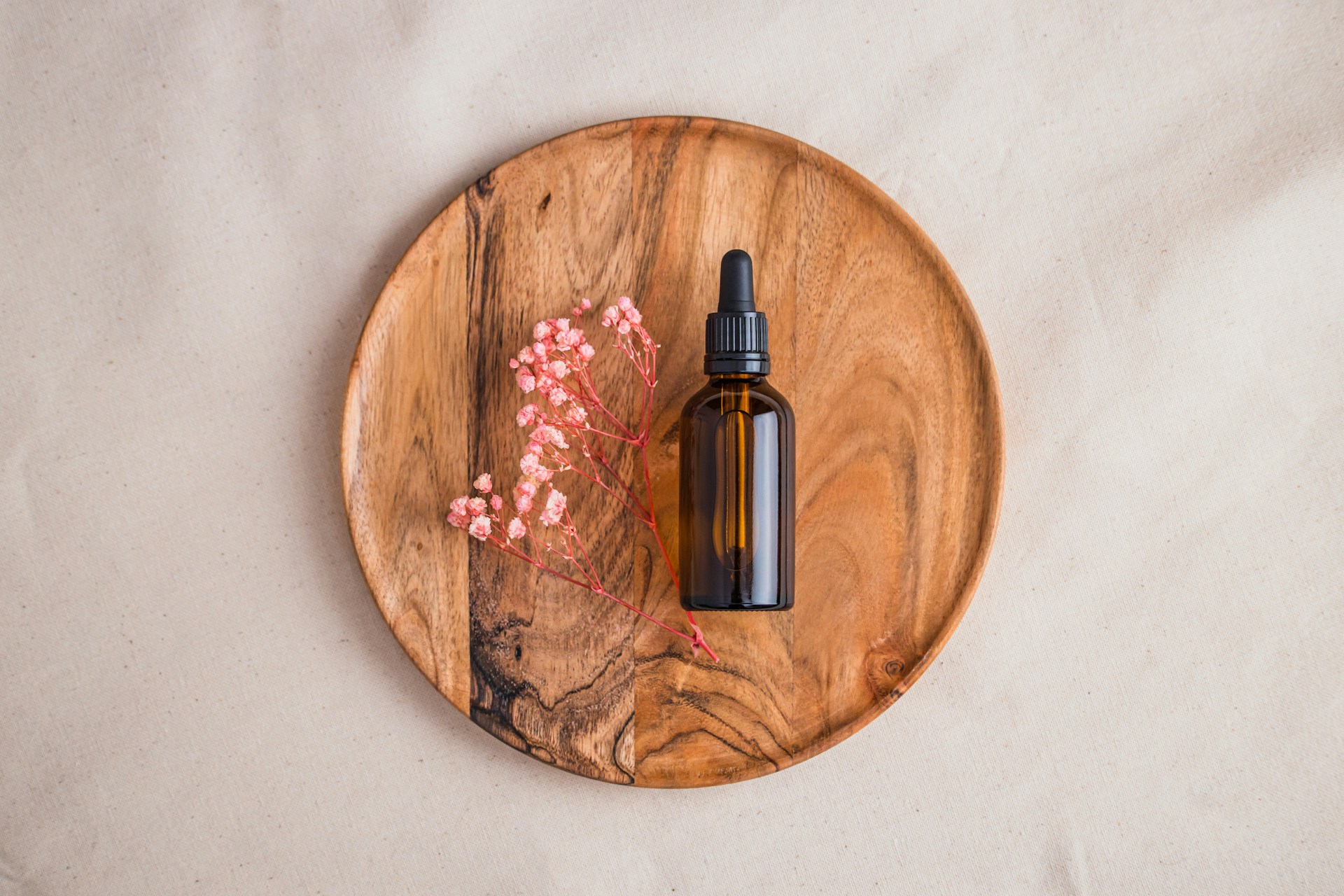
The Advantage of Alcohol-Based Tinctures
There is a good reason I prefer alcohol-based tinctures over other methods of preparation. Namely, they are exceptionally potent, fast-acting, and have an outstanding shelf-life — up to seven years when stored tightly capped in a cool location away from light. Alcohol is also the preferred menstruum because it creates a broad-spectrum and highly effective tincture.
As I wrote in, “The Invincible Herbal Extract: Why it’s Better Than Pills“
“Alcohol-extracted tinctures are beneficial for an additional reason—they’re assimilated much more readily than other forms of medicinal herbs. Since tinctures are absorbed directly through the mouth and stomach wall, they bypass the digestive process and are quickly drawn into the bloodstream. In fact, it only takes 4 minutes or less for the extract to assimilate.
… The alcohol preserves the active compounds by eliminating any microorganisms that may have been introduced into the extract. Incredibly, tinctures can last for up to seven years.”
Alcohol-Based Tincture Recipe: Fill a glass jar 1/3 to 1/2 full of the dried herbs you are using for your tincture, but don’t pack it down (amount of the herb used depends on the surface area and extractability of the herb). You can also use fresh herbs – use 2x the amount of dried herbs. Fill the jar with the alcohol, leaving 1⁄2 inch (1.25 cm) of headspace. Stir well. Close the lid on the jar, label and date, and store in a cool, dry place. Tinctures can take anywhere from 4 weeks up to 6 months to fully extract, depending on the herbs you are using. 2 months works well for most herbs. Shake the jar once a day if possible.
Once your tincture is complete, usually around 8 weeks, strain out the herbs and rebottle the finished product. The alcohol renders it very shelf-stable and tinctures can last up to 7 years. Many people put tinctures in dropper bottles for ease of use, but any small amber glass bottle will work.
It is important to note medicinal mushrooms and lichens require dual-extraction to access the full spectrum of beneficial compounds. See this post for details and instructions.
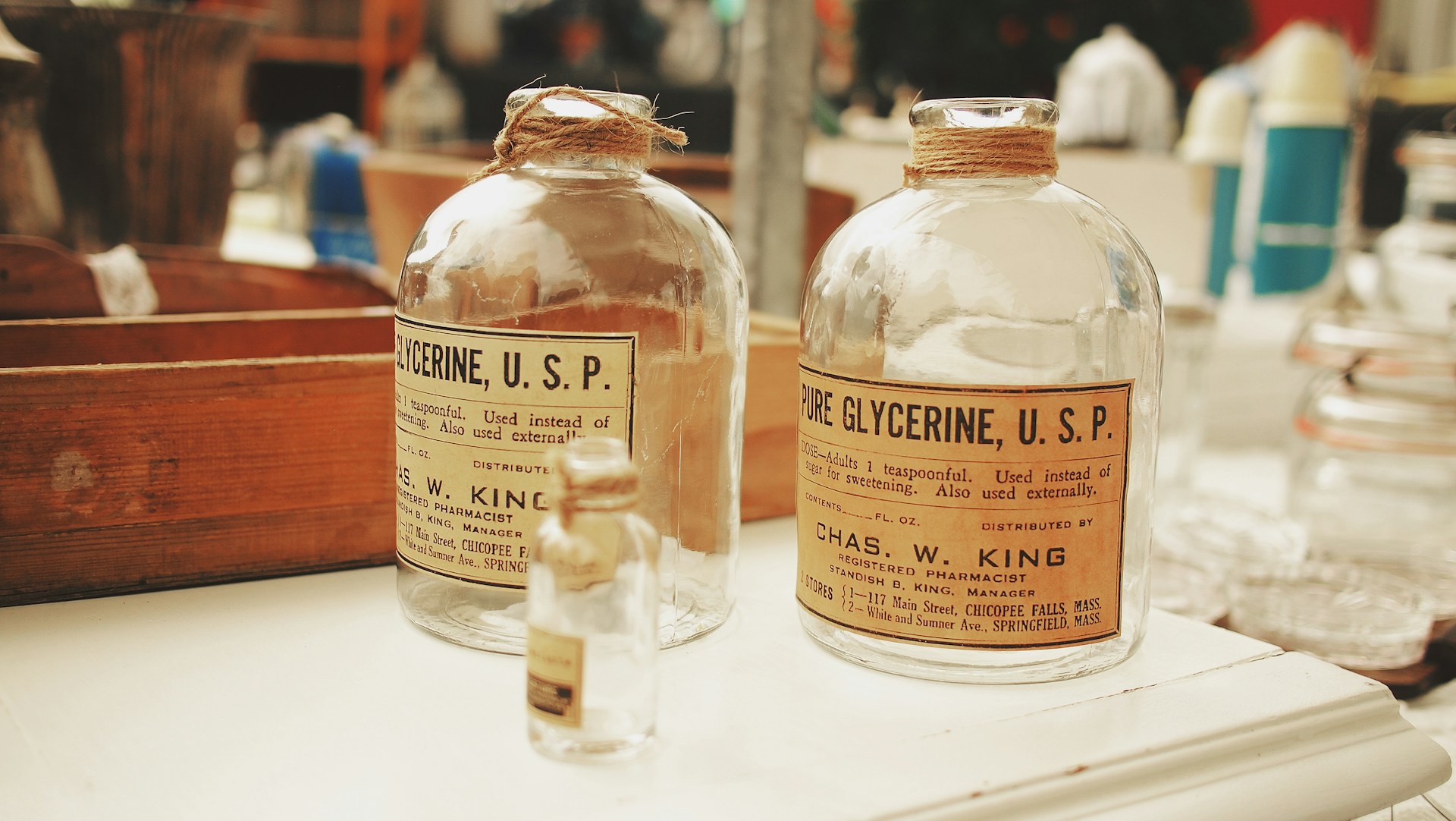
Glycerine Extractions
If you prefer to avoid alcohol-based tinctures, many turn to glycerine extractions. A sugar alcohol, glycerine is derived from plant or animal sources and has a naturally sweet taste. As with all sugar alcohols, it is not fully absorbed by the body and can cause gastrointestinal distress if consumed in excess. Some people can also experience headaches or dizziness; again, usually only with excess use.
To make a glycerine-based extraction (otherwise known as a glycerite), herbs are soaked in vegetable glycerine for a month to six weeks. While not always as potent as alcohol tinctures as they may not fully extract the medicinal compounds in the plant, they are gentle and generally pleasant tasting. They are also a good alternative for children and those who wish to avoid all alcohol. When properly stored in a cool, dark location, glycerites will last between 1.5-2 years.
It is best to use fresh botanicals for this extraction method, otherwise it will be necessary to grind dried herbs and rehydrate them by adding distilled water to the glycerin. Powdered or finely ground herbs also require straining using a coffee-like filter so residual plant matter doesn’t remain in the finished product, which can lead to spoiling.
How to Make a Glycerite
Using Dried Herbs: Grind the herbs and then fill a clean jar 1/2 full with the botanical. In a separate jar, combine vegetable glycerin in a 3:1 ratio (three parts glycerine to one part distilled water). Cap and shake vigorously. Pour the mixture over the herbs, leaving one inch of space at the top. Using a butter knife or spoon, thoroughly mix the glycerite to release any air bubbles and saturate the herbs with the liquid. Cap tightly and label. Place in a cool pantry for 4-6 weeks and shake the jar daily. Starting your tincture on very low heat for a few hours and shaking daily helps this extraction process. Strain through 3-4 layers of cheesecloth (or a coffee filter if the herbs are powdered or finely ground), squeezing it to access all the glycerite extraction. Bottle in a clean glass container and label. Store in a cool, dark location.
Using Fresh Herbs: Finely chop the herbs and place in a clean glass jar, leaving an inch or two of space at the top. Pour undiluted vegetable glycerine over the herbs until it reaches within an inch of the top of the jar. Using a butter knife or spoon, thoroughly mix the glycerite to release any air bubbles and saturate the herbs with the liquid. Cap tightly and label. Place in a cool pantry for 4-6 weeks and shake the jar daily. Strain through 3-4 layers of cheesecloth, squeezing it to access all the glycerite. Bottle in a clean glass container and label. Store in a cool, dark location.
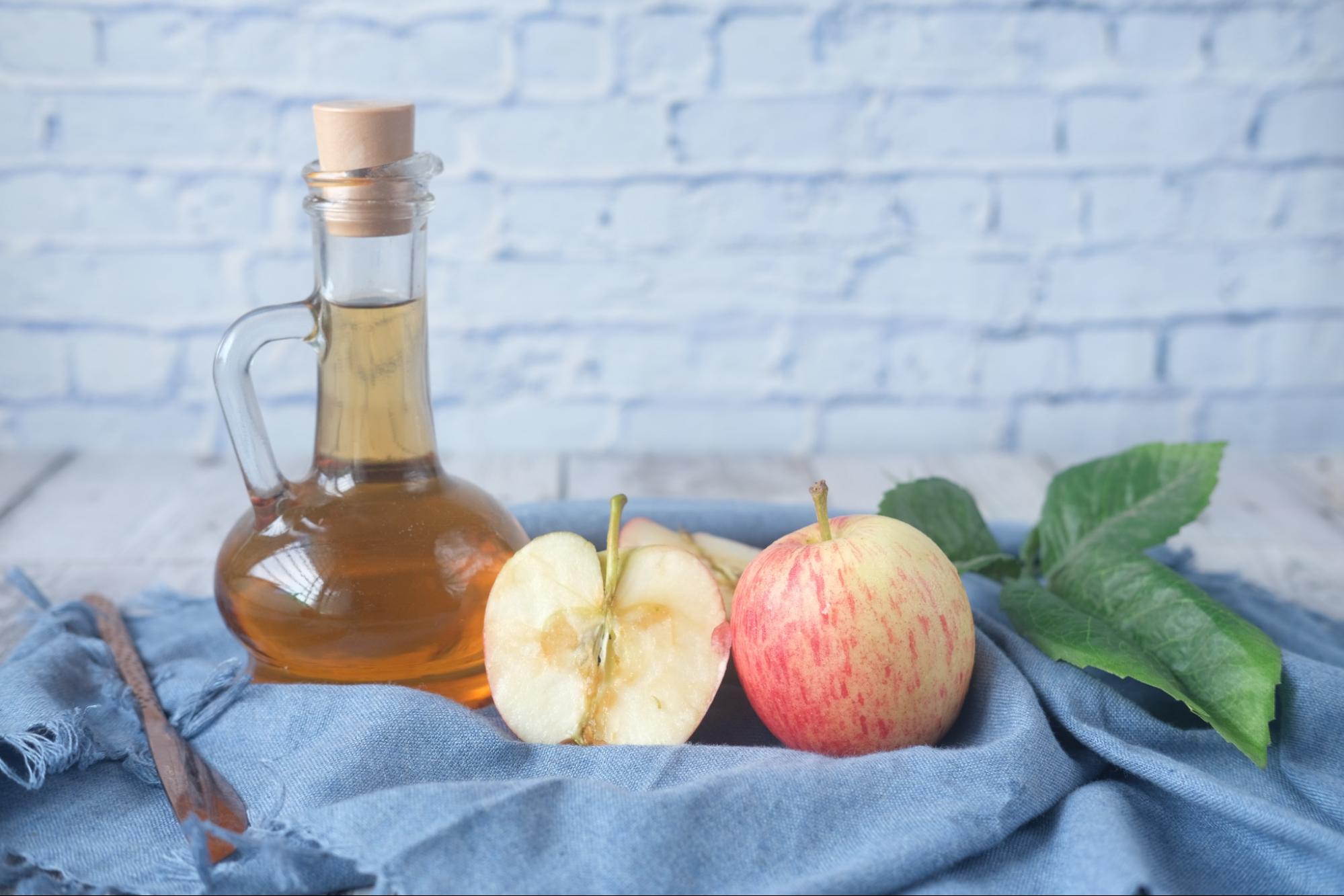
Raw Apple Cider Vinegar Tincture
While using raw apple cider vinegar (ACV) to access the medicinal compounds in herbs has advantages, it is important to note the extract loses its potency fairly quickly and has a relatively short shelf-life of around one to two years. This is due to the higher water content in ACV compared to alcohol, 94% and 40% respectively. Water oxidizes vitamins and minerals, which in turn impacts the shelf-life of ACV extractions compared to an alcohol-based tincture. Having said that, some prefer using ACV over glycerine as it is readily available and easier to work with. What’s more, it enhances digestion and gut health.
Apple Cider Vinegar Tincture Recipe: If using fresh herbs, fill a clean glass jar 2/3 full with chopped plant matter, then gently pack it down. For dried herbs, fill the jar 1/3 full. Next, pour in the ACV — leaving one inch of space at the top. If the lid is metal, place a piece of plastic wrap or parchment paper over the top of the jar and tightly screw on the lid. Place in the refrigerator and shake once per day. If the herbs are leaves and flowers, a week will extract most of the beneficial compounds. For bark, seeds, or woody plant matter, allow 2-6 weeks. Once finished, strain through 3-4 layers of cheesecloth, squeezing it to extract all the liquid. Bottle in a clean glass container and label. Store in the refrigerator to preserve potency. If made with fresh herbs, the extract will last around a year. With dried herbs, two years.
Dosage for all tinctures: 1⁄2 to 1 teaspoon is a normal dose for adults. For children dosage is about 1/4 to 1/3 of the adult dose, depending on weight. If you have an underlying health condition, are taking prescription medication, or pregnant/breastfeeding, it is best to consult with a naturopathic physician before using medicinal herbs.
Interested in Hands-On Herbalism Training? My Online Academy Is For You!
If you want to deepen your knowledge of herbalism but don’t know where to begin, I have good news for you! My new online herbal academy will not only teach you about medicinal plants but also how to prepare and use them. This course was designed to instill confidence and refine your mastery so you know how to handle a medical situation on a day-to-day basis or even in the event of a collapse where conventional prescription and over-the-counter medicines may be hard to come by.
My course will give you the tools to take charge of your family’s health — whether it is a simple headache you would like to treat naturally with plants found in your backyard or if you want to put together an herbal pharmacy kit you can keep on hand for emergencies. The training found in my herbal academy is for anyone who would like to save money on medical costs and become more self-sufficient. It’s like having your own personal health coach and herbalist on hand 24/7!
Unlock the secrets of nature with a one-time purchase that grants you and your family instant lifetime access to my in-depth Lost Remedies Academy. Say goodbye to subscriptions and enjoy a world of knowledge anytime, anywhere on your phone, tablet, laptop, or TV. I am so confident in the value of my academy that I offer a 60-day, no questions asked money-back guarantee.
Whether you’re a beginner eager to explore the world of medicinal herbs and foraging, or you’re looking to expand existing knowledge, this course is tailored to empower you to take charge of your health and self-sufficiency, while reducing the need for costly medical visits.
I know you are going to love it! Tap here to learn more.
Nicole Apelian

